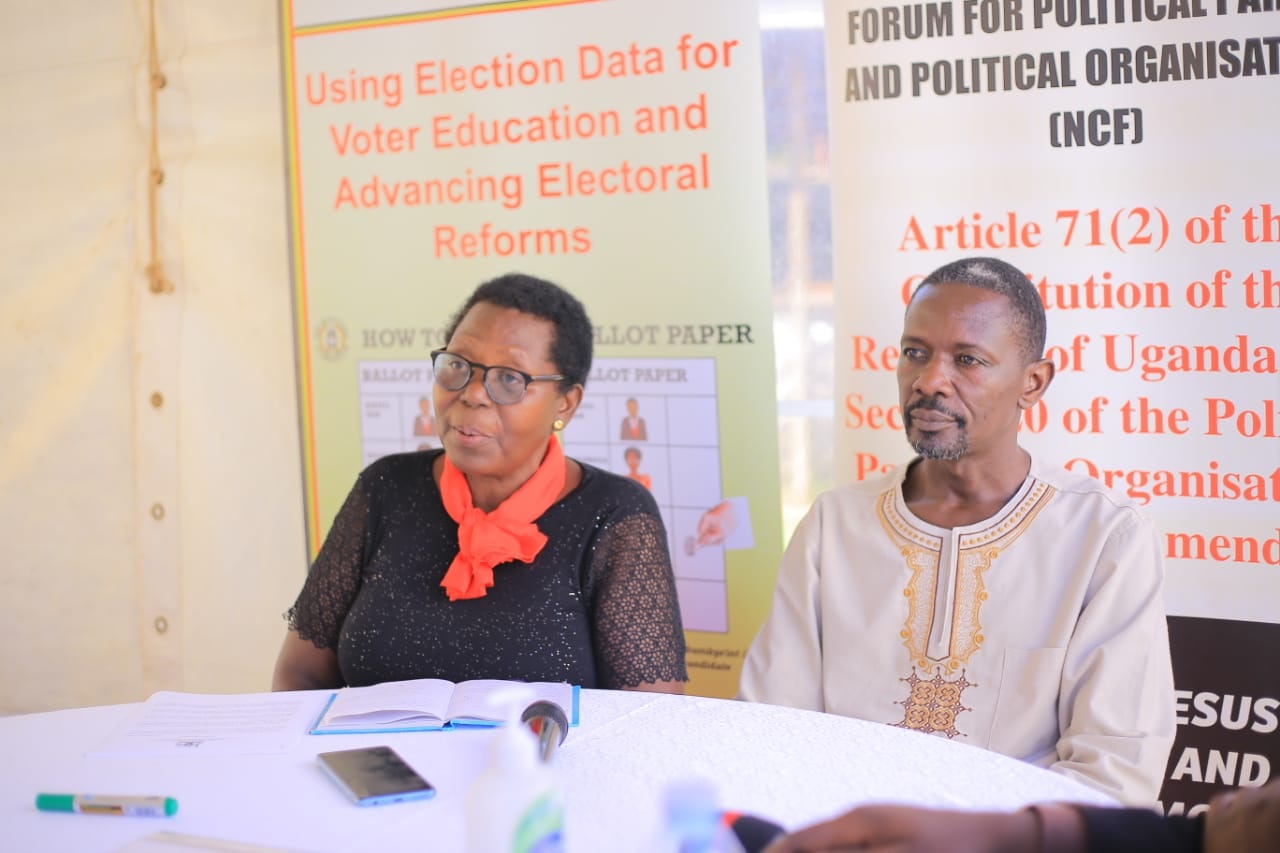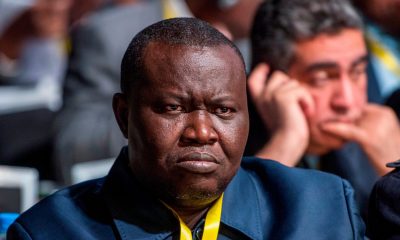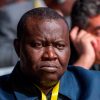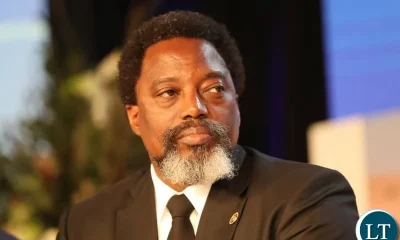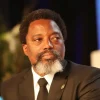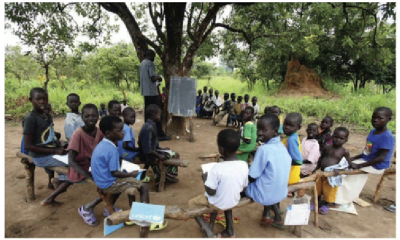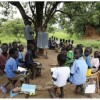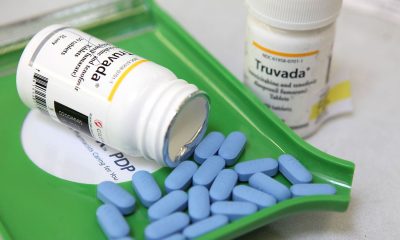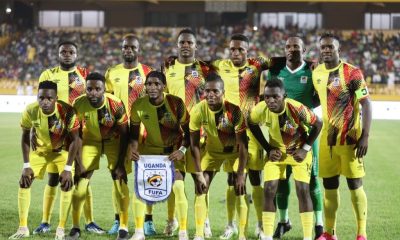News
Access to Uganda’s electoral data simplified with new online portal
Access to Uganda’s electoral data was previously considered a cumbersome and complicated process because of low levels of digitization of the national voters’ results, but also because of absence of institutions that offered analytical perspectives to the results.
Now however, at least one organization has offered to address this challenge by launching a website https://uganda.electionsdataportal.org/ that not only provides the full results of the previous general elections up to village / polling station level, but also gives the users an opportunity to analyze trends in three previous general elections.
Chrispin Mutehimbwa the Executive Director of Sensitize Uganda, the Civil Society Group that created the data portal, says it is high time that Ugandans started to critically examine the electoral data from 2006, 2016, and 2021 general elections, follow the trends and therefore invest accordingly, if the country is to register a positive impact on the future electoral processes.
Mutehimbwa urged members of the general public, especially democracy activists such as Political parties, the media and civil society organizations to take advantage of portal to increase the public’s understanding of elections as well as improve performance in next elections.
“You see, these electoral results are published in complicated formats (400-500 pages of PDF) which are not easy to use by a layperson and not easy to analyze. So, we thought of developing a user-friendly interface which is an election database to simplify visualization analysis of these election data,” Mutehimbwa explains.
Speaking at a media engagement organized by Senstise Uganda in Kampala, Mutehimbwa said that this portal can be a great tool for Journalists to get the detailed data regarding a particular election which can inform their article and other media related work like hosting Radio and TV talk shows on Uganda’s democracy.
Showing journalists how to use the portal, Mutehimbwa went on to explain that the interface can help a member of a political parties in a certain locality to track his/her performance as an individual but also for his party which can determine the party’s next strategy.
Mutehimbwa says that if the electoral commission is considering how to improve or even civic society organizations wants to contribute to the democratic processes of this country, the stakeholders can easily focus on the trends in voter turnout , invalid votes among other aspects which helps them target their interventions like Voter Education, Electoral Observation.
Applauding Uganda’s Electoral Commission as one of the few electoral bodies on the African continent that announces the Electoral Results in the shortest time after the casting of the ballot, Mutehimbwa called upon the Electoral body to endeavor to upload the election results on its website in the shortest time possible.
He says that it is unfortunate that the electoral data for a concluded electoral exercise, was only available after 3 months, undermining the purpose of the exercise since some stakeholders would wish to use the same data for electoral petitions.
Meanwhile in another meeting organized by Sensitize Uganda at the National Consultative Forum offices in Kabalagala, the National Consultative Forum (NCF), an umbrella institution with representation from all registered Political Parties in the Country is disappointed by the lack of political will by the government to implement the proposed electoral reforms.
Political Party representatives at the Consultative Forum say the government continues to ignore, disregard enforcing and even sometimes abuse the existing laws that are intended to promote democracy, rule of law and freedom of association during and after elections is an indicator that less can be achieved.
The chairperson National Consultative Forum Jolly Mugisha said that unless the NRM government is willing to implement the proposed electoral reforms, Uganda’s electoral processes will not be any better.
Citing commercialization, militarization of elections, the narrowing space for political parties, registration of none-Ugandans as voters, use of state resources and lack of voter education continue to play in favour of the incumbent government.
Mugisha revealed that among the proposed reforms the political parties agreed that it is high time to demilitarize Uganda’s politics.
“We are saying there is need for a new law which must be enforced after is being made to curb militarization of politics in this country because if you go to the polling station you see SFC, you will see police, you will see all kinds of guns….this intimidate the public”-Mugisha
Regarding the operations of the Election Commission, the political parties say for Uganda to have a free and fair election conduct the electoral body that is independent of the executive arm of government.
“Looking at the Electoral Commission, many of the Electoral Commissioners are appointed by the head of state and we think that it’s high time that if we want our country to grow that we have independent people who are civil servants who are appointed by the public service like other civil servants of this country”- added Mugisha.
Steven Namatta Bampigga, the secretary Budget and Finance at the Activist Party suggests that civic education should be taught in schools for the citizens to appreciate why they should participate in elections. She says that law should ensure that civic education should be incorporated in the school curriculum for Ugandans to appreciate electoral democracy from a young age.
“There is inadequate information about voting and elections among Ugandans, many Ugandans do not know how to vote which reflected in the numbers of invalid votes registered but also many people do not see a reason why they should vote, they cannot link knowledge leadership/governance and service delivery so we are saying there should be a law in place for continued civic education starting from primary school to high institutions where political education should be taught,” said Namatta.
Comments



